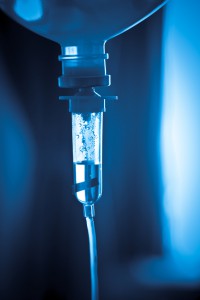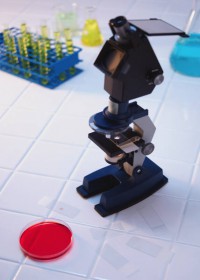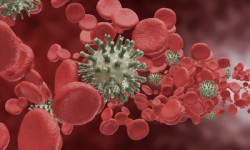
At Issels® Immuno-Oncology, we believe cancer treatment should be an integrative approach that relies on non-toxic, personalized and precise methods.
What is precision medicine?
Instead of utilizing broad, toxic treatments based mostly on cancer location, we look at the many factors that contribute to the formation and spread of cancer and then tackle the specific causes at the cellular and immune system levels.
On April 26, Dr. Craig Thompson from the Memorial Sloan Kettering Cancer Center covered the benefits of precision medicine in a piece for The Wall Street Journal titled “The Future of Cancer: Closer to a Cure.”
He noted that cancer growth depends on more than location or even genetic predisposition. Cancer usually forms because the body’s regeneration and immune system response processes fail. Cells mutate for a variety of reasons:
- Error – Errors can occur naturally as cells grow and tissues regenerate.
- Age – Cells naturally mutate as we age.
- Damage – Cellular damage happens from different external sources, such as radiation, environmental pollutants, viruses, bacteria, et cetera.
Cancer forms when a person’s immune system fails to consider these cells a type of threat. With precision medicine, oncologists and immunotherapy specialists use a patient’s immune system to fight off disease with non-toxic methods. They tackle some specific mutations with vaccines and cell therapies that reverse causation to prevent new mutated cellular growth. Additionally, they boost the immune system and push it to continue working and destroy cancer long after it might normally shut down.
For more information, or to schedule an appointment at one of our Issels® Integrative Immuno-Oncology centers, call 888-447-7357 (United States and Canada) or 001-888-447-7357 (Abroad) or use our convenient online form.





